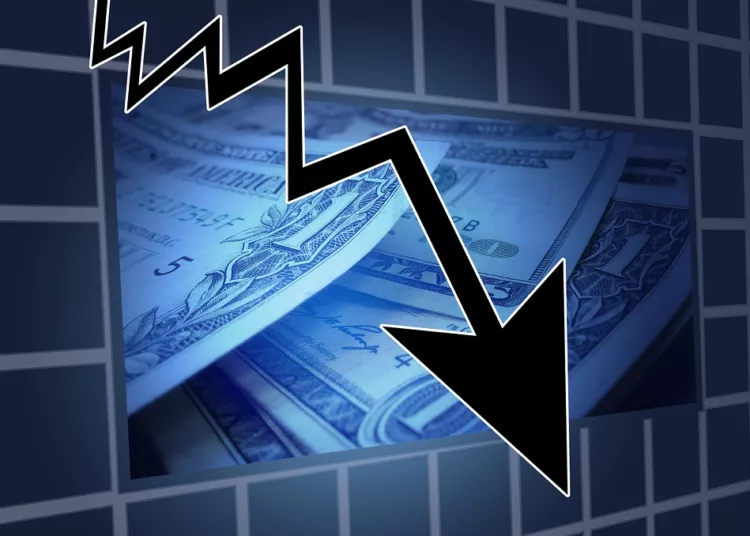According to a recent world bank report, increased interest rate hikes are stoking recession fears for 2023. If a recession does occur, it may bring along other financial crises in developing economies across the globe. As an online trader, you should understand how a recession can change market trends. Also, you need to identify ways to leverage such changes to place winning trades on Metatrader 5 and other trading platforms.
Recessions affect stocks in many ways, depending on factors like the sector a particular company operates in. It’s common for businesses to react differently to an economic slowdown. Organizations in the healthcare and utility sectors tend to maintain relative stability throughout a recession.
Conversely, industrials and travel firms take the brunt when a recession hits. Likewise, some of the hardest-hit businesses may perform better once economic activity picks ups again. Examples of such sectors include real estate, industrials, and financials. The best part is that you can leverage the uncertainty by trading the volatility associated with downturns.
It’s important to take relevant trading positions with the contract for differences (CFDs) and spread bets during a recession. In doing so, you can profit from significant movements in the market. If you’re willing to trade directly in the stocks of specific companies, it’d be best to open a share dealing account. That way, you earn dividends if the share price rises.
Trading in a recession
Regulated brokers provide access to trading platforms with advanced functionality, allowing you to trade various instruments during a recession. Unlike investing in stock markets, trading entails maximizing returns by speculating on market price fluctuations. For this reason, you formulate short-term strategies in tandem with market conditions, instruments you trade in, and other technical or economic factors.
During an economic downturn, stock markets typically fall sharply. Experienced traders understand how to take advantage of the downward trend by ‘buying the dip.’ This approach usually yields favorable results in that you’ll earn a profit once the trend reverses. Many traders profit during this period because there’s a near guarantee of returns, depending on the assets involved.
If you’re keen to invest in stocks, you could realistically beat index returns. The trick lies in picking companies in sectors that are typically resilient to a recession. Because of this, consider going for consumer staple firms and those in healthcare and utilities. Companies in these sectors benefit from the inelasticity of demand. They sell products or services that maintain high demand irrespective of economic cycles.
In some cases, the firms take advantage of their market dominance. When a company sells a basic necessity, it’s unlikely to see a dip in earnings, even when a recession hits. However, that doesn’t mean such businesses are virtually recession-proof.
While putting your money in defensive stocks makes sense, you shouldn’t neglect other sectors. It’s vital to adopt a balanced approach. That way, you can also profit from the recovery during the post-recession period. As such, balance your portfolio by investing in financials, industrials, and real estate sectors.
Forex trading
During a recession, different currencies fare better or worse for various reasons. One of the key factors determining performance in a downturn is initial positions.
The direction taken by inflation and interest rates depends on the initial positions. A currency’s value takes cues from interest rates and inflation, among other economic and political factors.
So, if you trade currencies, you’ve got to understand the factors influencing movements in particular currencies. Because of this, you must closely watch the actions of central banks to determine the potential fluctuations in currency value. Interest cuts often make a given currency less appealing to traders and investors. This trend reduces its value as people buy higher-interest currencies.
As of 2022, central banks are increasing interest rates to tame inflation. This widespread trend could trigger a downturn in 2023, and you should prepare for any market conditions changes.
Final thoughts
You can trade commodities, indices, forex, and stocks in a recession. Hard commodities like metals typically maintain their values during a recession. So, it’s advisable to trade or invest in palladium, gold, and silver. On the other hand, market indices are great for hedging your positions in a recession. For this reason, you should consider trading an index against your investment portfolio.





